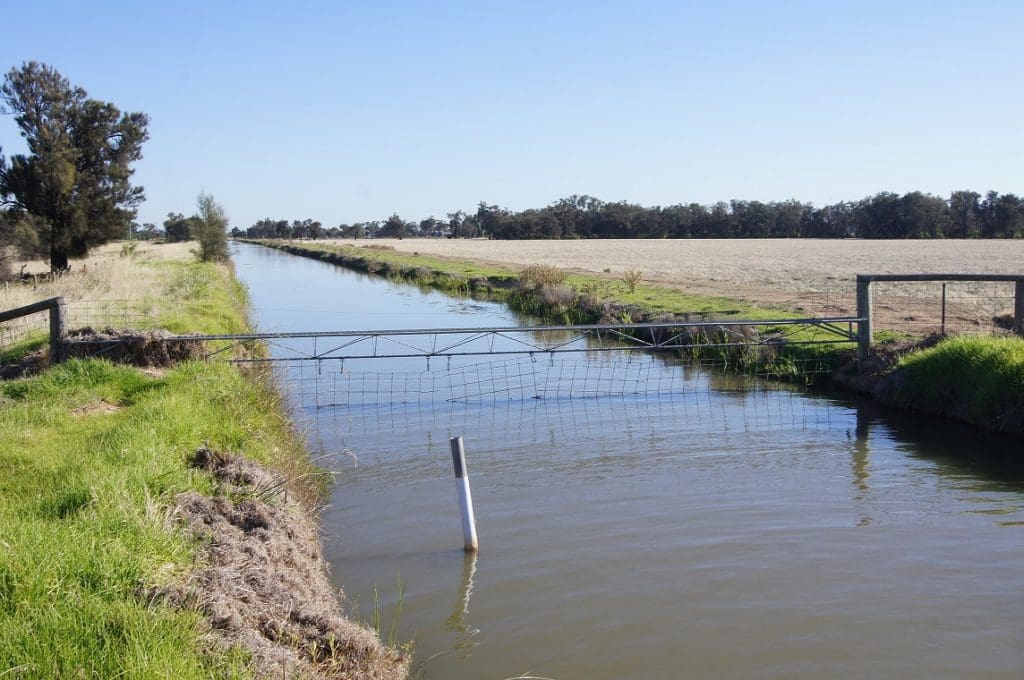INCREASED irrigation efficiency does not necessarily lead to reduced agricultural water consumption – a paradox largely ignored by the public policies that seek to reconcile high water demands amid finite water supply.
 In an American Association for the Advancement of Science Policy Forum, Quentin Grafton and colleagues discussed the “paradox of irrigation efficiency” and evaluated the public costs of continued increases in subsidising efforts to irrigate crops more efficiently.
In an American Association for the Advancement of Science Policy Forum, Quentin Grafton and colleagues discussed the “paradox of irrigation efficiency” and evaluated the public costs of continued increases in subsidising efforts to irrigate crops more efficiently.
Agricultural irrigation accounts for 70 percent of water use in some parts of the world, facilitating development of crops that contribute substantially to global food supply.
However, water is a finite source. Balancing increasing demands for it, especially in arid regions, with efforts to maintain agricultural production has led many governments to spend significant funds to support policies designed to increase irrigation efficiency.
The hope is that the water ‘saved’ can be re-routed to other sectors, like cities, industry or the environment.
But models suggesting this holds true lack empirical support.
Mr Grafton and his colleagues say a higher irrigation efficiency may even increase both on-farm water use and groundwater extraction.
In lower-efficiency irrigation systems, any water not used to directly irrigate a plant, like run-off, is recovered, flowing to surface water systems or aquifers.
However, as efficiency increases, less water is ‘lost,’ meaning less re-enters the system, which can lead to declines in available water overall, according to the authors. Grafton et al. argue that if increases in irrigation efficiency are required to stave the global water crisis, certain research advances in water use are required.
These include: comprehensive physical water accounts and measurements, uncertainty assessments, valuing the trade-offs between competing uses, stakeholder incentives, and reducing the overall water extraction for irrigation.
Source: American Association for the Advancement of Science



HAVE YOUR SAY